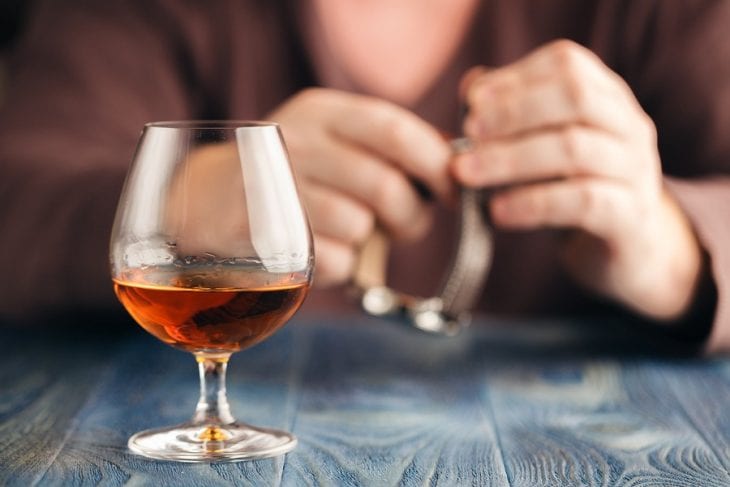For many alcoholics, there comes a time when they realize that there’s no such thing as a healthy amount of alcohol to consume. Not everybody can keep their habits under control. For some, alcohol brings out the worst aspects of their personality that they’d rather keep minimized.
After rehab or Alcoholics Anonymous, staying clean and avoiding relapse is their number one priority. However, the things that brought that person to start drinking in the first place might still be present, and it might very well be a lifelong battle to avoid relapse. This means a consistent system needs to be put into place to keep them grounded and above board for years to come.
The following steps are proven to keep people on the straight and narrow, and away from the bottle:

Source: Medium
Contents
Stay connected to addiction services.
As tempting as it may be to drop ties to addiction services now that you’re “better,” staying plugged in with services like AA can remind you of how far you’ve come along in your recovery. Keeping in touch with Alcoholics Anonymous meetings or another provider of alcohol rehab services helps to keep you working on the steps to a better life without alcohol. These formal systems with rigid rules and structure do wonders for those who are worried they’ll fall back into their familiar and destructive habits.
Avoid your triggers.
Usually, people seek out alcohol to help them deal with particularly stressful situations in life. Recognizing these triggers and avoiding them by occupying yourself with other activities drastically reduce the chance of relapsing in the future. The ritual associated with drinking alcohol is a significant aspect of the mental component of problem drinking. If you manage to avoid these triggers that remind you of these rituals, you’ll be much better off long-term.

Source: Orlando Recovery Center
Understand that it isn’t always easy.
There’s an idealized view of a recovered alcoholic that they are 100% stoic and in control of their thoughts 100% of the time. This is simply not the case in reality. Any recovered alcoholic should understand that negative thought and an intense craving to return to drinking are parts of the recovery process, and these negative thoughts may never entirely go away. But then, so long as the recovered addicts understand that these thoughts aren’t to be acted on and are just the addiction trying to come back into their lives, they’ll be in much better shape to not act on these compulsions.
Manage stress.
Stress often contributes to problem drinking. When faced with stressful situations and you feel the urge to drink, try and immediately occupy yourself with a more gainful activity. This can be anything from exercise, meditation, or reading a good book. The object here is to replace your negative coping strategies with more positive ones to keep stress from bubbling up and causing issues in your life.

Source: The Arbor
Parting Words
The truth of the matter is that there may never be a point where an addict is truly fully recovered, and will never have to worry about drinking being an issue ever again. Recovery is a lifelong process that involves minimizing relapses and reducing the overall effect alcohol has on the addict’s life for as long as possible. There will be bumps along the way, and that’s just fine.
